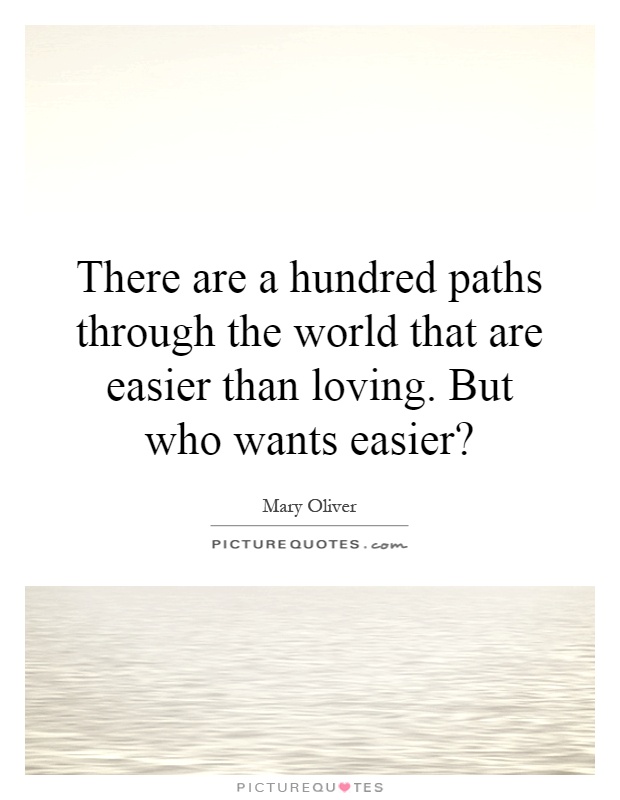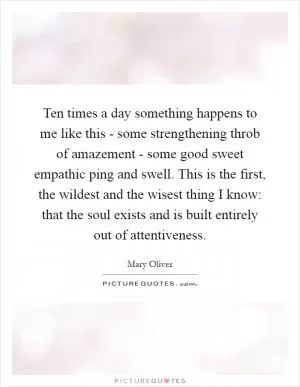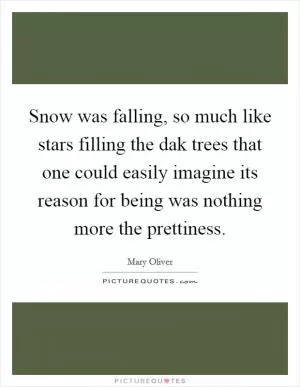There are a hundred paths through the world that are easier than loving. But who wants easier?

There are a hundred paths through the world that are easier than loving. But who wants easier?
Mary Oliver, the beloved poet known for her profound observations of the natural world, often explored themes of love, connection, and the human experience in her work. In her poem "The Journey," Oliver writes, "There are a hundred paths through the world that are easier than loving. But who wants easier?" This line encapsulates the essence of Oliver's philosophy on love and the challenges that come with it.Oliver's poetry often celebrates the beauty and complexity of love, whether it be love for nature, for others, or for oneself. She recognizes that love is not always easy, that it requires vulnerability, courage, and a willingness to embrace the unknown. In a world that can be harsh and unforgiving, Oliver reminds us that love is a powerful force that can bring light and meaning to our lives.
The idea that there are easier paths through the world than loving speaks to the human tendency to avoid pain and discomfort. It is often easier to build walls around our hearts, to protect ourselves from hurt and rejection. But Oliver challenges us to consider the cost of closing ourselves off from love. She suggests that the rewards of love – connection, joy, growth – far outweigh the risks.
Oliver's own life was marked by a deep connection to the natural world and a profound sense of wonder and gratitude. Her poems often reflect her belief in the transformative power of love and the importance of opening ourselves up to its possibilities. In "The Journey," she writes, "One day you finally knew what you had to do, and began, though the voices around you kept shouting their bad advice." This line speaks to the courage and determination required to follow the path of love, even in the face of doubt and resistance.












 Friendship Quotes
Friendship Quotes Love Quotes
Love Quotes Life Quotes
Life Quotes Funny Quotes
Funny Quotes Motivational Quotes
Motivational Quotes Inspirational Quotes
Inspirational Quotes